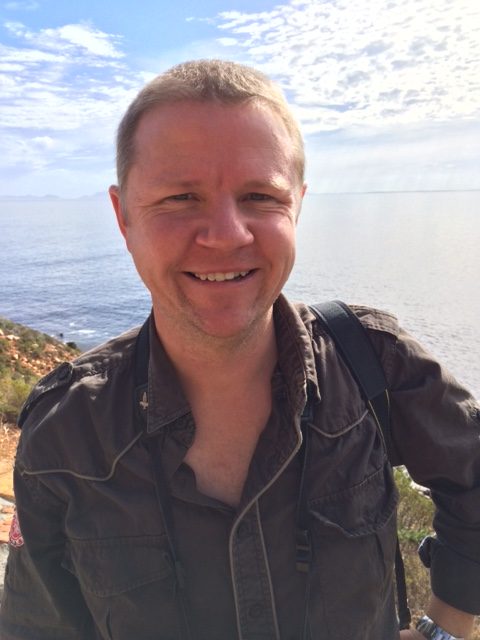 Paul Downey, an Associate Professor at the University of Canberra in Australia, is a visiting C·I·B fellow for three months from April through July 2015. Paul has worked on invasions for almost 20 years, and has spent time working in both academia and management. He was the Program Leader (Weeds) with NSW National Parks and Wildlife Service for 9 years, and has been at the University of Canberra for the past 5 years. Paul has worked on a wide range of areas on invasions, including, impacts to native species, improving management outcomes (especially in protected area), monitoring the response of management actions, native-alien range comparisons, invasion ecology, effects of disturbance on invasions, climate change and predicting invasion successes in the future, biological control, risk assessment and prioritisation.
Paul Downey, an Associate Professor at the University of Canberra in Australia, is a visiting C·I·B fellow for three months from April through July 2015. Paul has worked on invasions for almost 20 years, and has spent time working in both academia and management. He was the Program Leader (Weeds) with NSW National Parks and Wildlife Service for 9 years, and has been at the University of Canberra for the past 5 years. Paul has worked on a wide range of areas on invasions, including, impacts to native species, improving management outcomes (especially in protected area), monitoring the response of management actions, native-alien range comparisons, invasion ecology, effects of disturbance on invasions, climate change and predicting invasion successes in the future, biological control, risk assessment and prioritisation.
During his time with the C·I·B, Paul will be based at Stellenbosch and with SANParks in Kruger National Park working on two main research projects with C·I·B colleagues. Firstly Paul is working with Sabrina Kumschick on risk assessment systems and approach in invasive species and how we can improve such systems globally by comparing risk assessment systems across invasive taxa and stages of the invasion. Secondly, Paul is working with Llewellyn Foxcroft on examining how to improve management of alien species in Kruger National Park. SANParks uses an adaptive management system based around the concept of Thresholds of Potential Concern (or TPCs), for which a series of alien species TPCs have been developed. Paul and Llewellyn will evaluate these TPCs and their management outcomes, to increase management effectiveness for alien species in protected areas.
Overall, Paul concludes that “Working with the C·I·B has been a wonderful and rewarding experience that has enabled me to strengthen my professional relationships within researchers working on invasions and to apply and impart my knowledge from working with and managing invasions in Australia in a South African context. I have also appreciated the opportunity to develop new collaborative linkages within the C·I·B which I believe will to lead to longer term interactions and outcomes between members of the C·I·B and myself, which is a significant outcome of being C·I·B fellow.“
